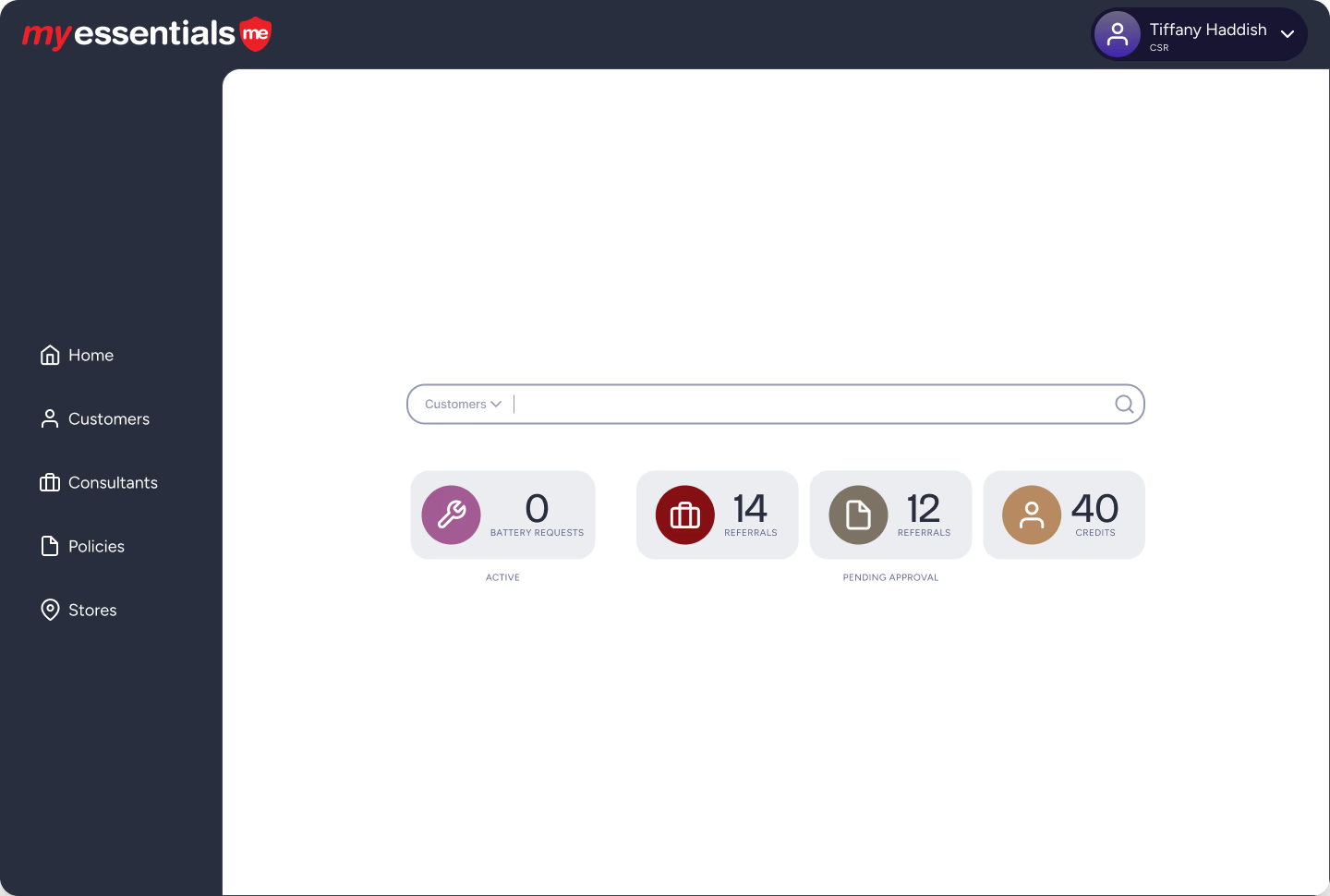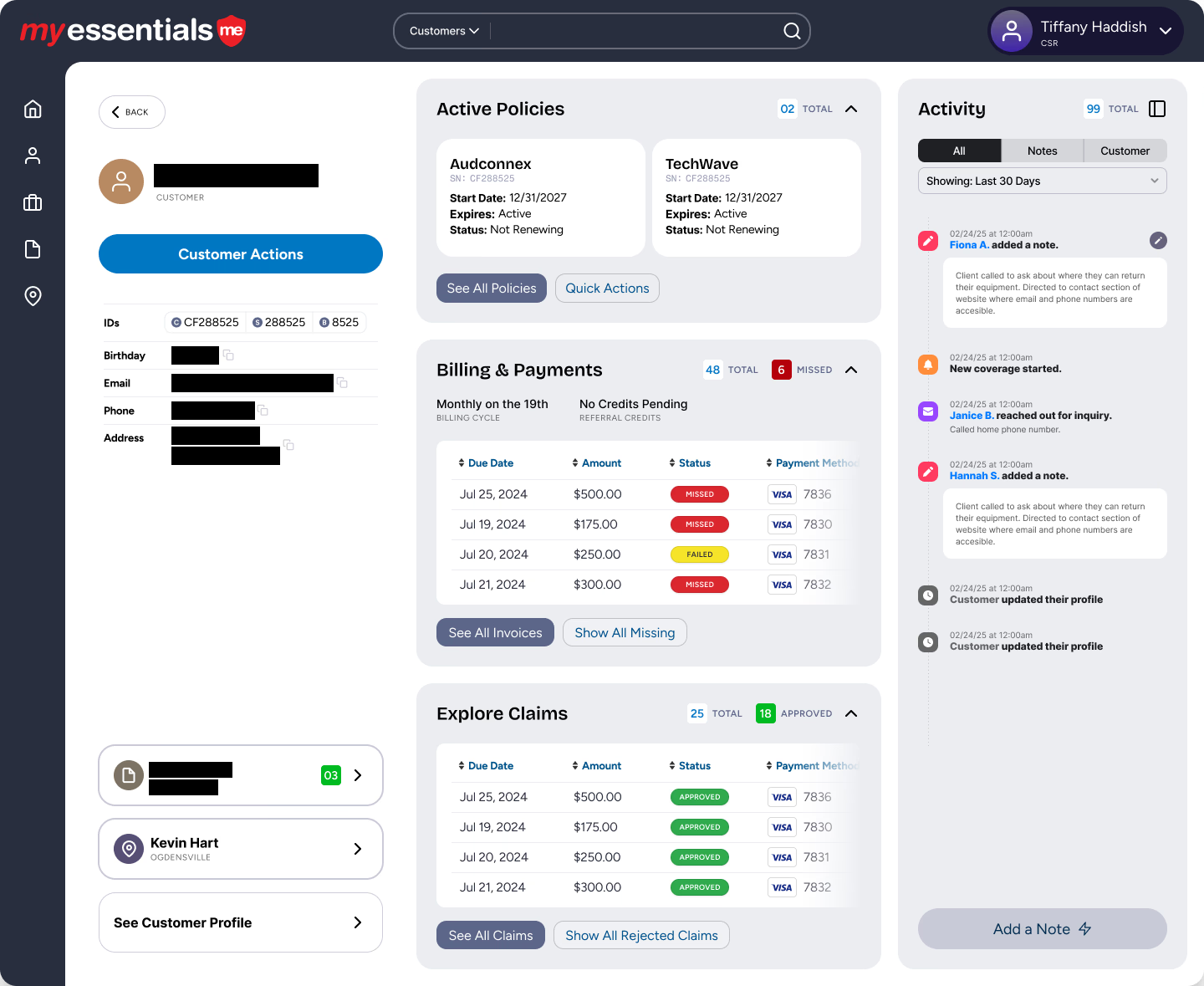Troy Web integrated and customized RBDMS .NET for the Ground Water Protection Council, streamlining West Virginia's oil & gas data tracking and inspections.
Project Objective: Integrate the RBDMS system, with customized features for West Virginia, to track and manage data and regulate its oil and gas industry.
Project Background: High-quality groundwater is essential to our nation and its citizens. The Groundwater Protection Council (GWPC), a nonprofit organization comprised of state regulatory and resource management agencies, works to support regulations and protect groundwater by tracking data from oil, gas and injection-well operations. The GWPC (GWPC.org) works in partnership with state oil and gas regulatory agencies and the U.S. Department of Energy.
Oil and gas regulations exist nationwide to protect the environment and manage the production of oil and gas and the disposal of water used in associated processes. These regulations are managed at the state level, since the state understands its own unique conditions, geology, and resources, and can best tailor oil and gas regulations to fit its specific needs. Since statutes and regulations vary from state to state, different states may provide different data on oil and gas operations. This can make it difficult to compare different states and identify trends, which in turn makes it difficult for the GWPC to do its job and make sure our groundwater stays clean.
The GWPC’s Risk-Based Data Management System (RBDMS) corrects for this by establishing a baseline data set. The RBDMS contains a national core set of software and a web-based interface to make it easier for regulators, industries, and the public to assess the risk to groundwater, manage and regulate oil, gas, and UIC wells, and share data on permitting and production.
Paul Jehn, national RBDMS project manager at GWPC, says more than 22 states across the nation use the RBDMS to manage data and inform policy.
The Challenge: The West Virginia Department of Environmental Protection (DEP), responsible for monitoring and regulating the state’s oil and natural gas activities, recorded and shared its data on a legacy Oracle system that did not meet all of the state’s regulatory requirements. It turned to GWPC for help installing and customizing an RBDMS system that would satisfy oil and gas regulations and provide the ability to easily and consistently track regulated facilities. The GWPC then turned to Troy Web Consulting for the customization and full installation of West Virginia’s RBDMS.
Previously, the West Virginia Office of Oil and Gas (WVOOG) was using several different data management tools to keep track of information stored in a variety of spreadsheets, applications, and databases. Troy Web’s job was to replace the current Environmental Resource Information System (ERIS) with RBDMS.NET, and consolidate these different tools into one streamlined and customizable platform.
Troy Web retired the disparate tools WVOOG was using and replaced them with an RBDMS system, creating a single database and application that simplified their system and their work. They also incorporated tools with new abilities such as water tracking and assisted WVOOG in improving their field inspection capabilities.
These changes both broadened the range of WVOOG’s abilities and created a system that was easier to work with and to troubleshoot.
Business Impact: Donald Drazan, an RBDMS project coordinator for The Groundwater Protection Council, says roughly 35 oil and gas employees, ranging from engineers and geologists to field inspectors and administrative staff, now use West Virginia’s RBDMS application. West Virginia’s DEP maintains records on more than 114,000 wells, 55,000 of which are active and 12,000 of which are inactive.
“West Virginia is now better able to share developments and technologies nationwide, and they have opportunities to share resources and technology that did not exist before.” — Don Drazan, RBDMS Project Coordinator
West Virginia’s successful RBDMS implementation has:
Provided statewide accessibility to professionals and the public
Improved the ability for officials and the public to retrieve oil, gas, and well information in a complete and timely manner
Increased data security and confidentiality
“The Groundwater Protection Council asked us to securely, efficiently and effectively integrate the national RBDMS core system with customized features," says Jon Briccetti, CEO of Troy Web Consulting. “Through hybrid use of traditional and agile development methods, we reduced risk to the environment and provided a better experience for the industry, giving regulators better data and more transparency with the public."
Learn more about the GroundWater Protection Council’s RBDMS.



